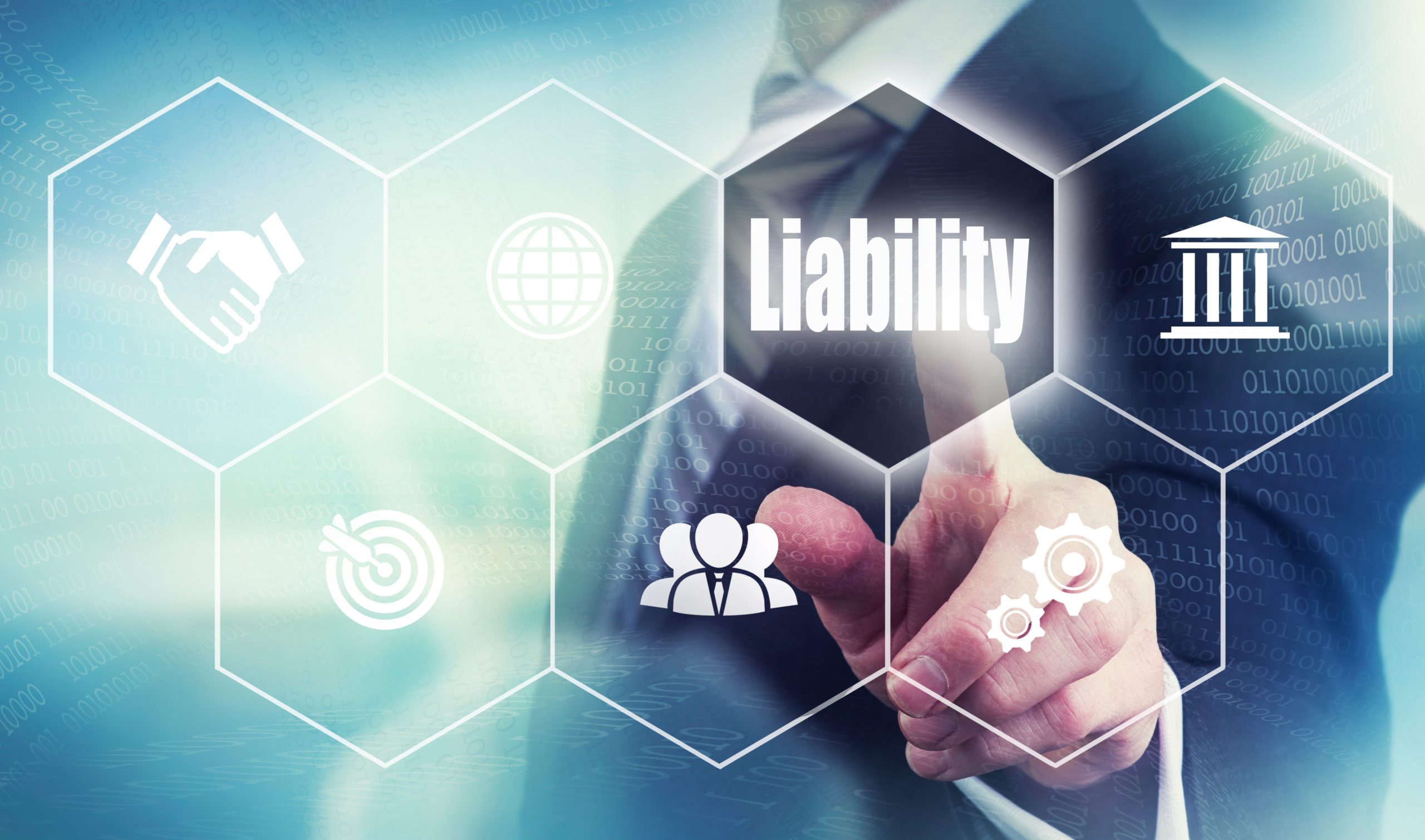Liability: What Does It Mean?

In finance, liability refers to an obligation or debt that an individual or company is responsible for repaying.
This can include items such as loans, credit card debt, and unpaid taxes.
Liabilities must be managed carefully in order to maintain financial stability and avoid defaulting on payments.
*** SPECIAL NOTE *** – If your credit cards, personal loans, or medical debts have become unmanageable and you owe over $20,000… then go here for debt relief. We can help!
Credit Card Liability
Credit card liability is any debt incurred by the use of a credit card.
This can include purchases, cash advances, and interest charges.
It is important to monitor credit card spending and make payments on time in order to avoid accruing high levels of credit card liability.
Failure to manage credit card liability can lead to negative consequences such as damage to credit score and difficulty obtaining future loans.
Loan Liability
Loan liability refers to the responsibility to repay a loan, including both the principal amount and any associated interest.
These loans can be for personal or business use and can vary in terms of length and interest rate.
It is important to carefully consider the terms of a loan before taking it out, as well as creating a plan for making timely payments in order to effectively manage loan liability.
Failure to do so may result in late fees, damage to credit score, and difficulty obtaining future loans.
Tax Liability
Tax liability refers to the responsibility for paying taxes, either as an individual or a business.
This includes income taxes, property taxes, and sales taxes.
It is important to accurately report income and maintain records in order to properly calculate tax liability.
Failure to do so may result in penalties and interest charges from the government. It is also important to plan for expected tax liabilities by setting aside funds throughout the year in order to avoid difficulties with making payments on time.
Properly managing tax liability can help individuals and businesses maintain financial stability and avoid negative consequences.
Assessing Liabilities And Creating A Repayment Plan
It is important for individuals and businesses to regularly assess their liabilities and develop a plan for repayment.
This may involve creating a budget, negotiating with creditors, or seeking outside assistance from financial professionals.
Failure to properly manage liabilities can have serious consequences, including damage to credit score, legal action, and bankruptcy.
It is crucial to stay on top of liabilities and address them promptly in order to maintain financial health.
At Americor, we understand the unique financial challenges people are facing today.
As America’s trusted source for debt relief solutions, we aim to empower you with financial knowledge that can lead to informed decisions, whether it’s about savings, investments, or managing debt.
If your debt has become unmanageable and you have difficulty making your debt payments each month, then you should consider a FREE consultation call with one of our certified Debt Consultants, who can provide personalized debt relief advice tailored to your specific needs.
By taking proactive steps today, you can put an end to your financial stress and work towards a brighter financial future.
Remember, there is always hope for debt relief, and our team of experienced professionals are ready to guide you on your journey to regaining control of your finances.
For more information on Americor’s debt relief services, contact us today to see how we can help you eliminate your debts, and get on the fast-track to becoming completely debt-free!